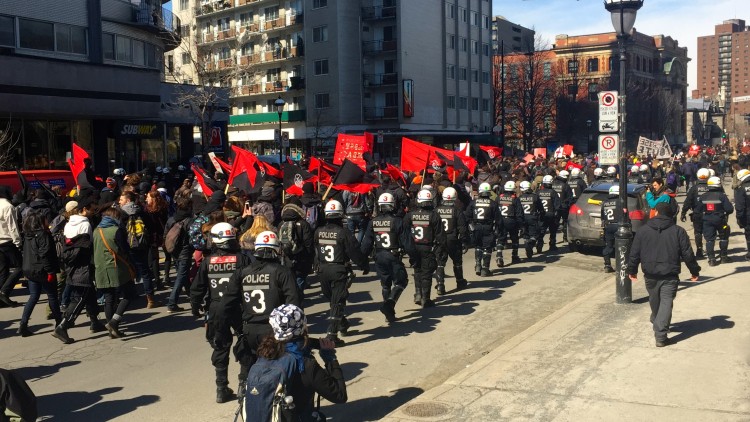Thessaloniki, 4–5 July 2015
Default has a twofold meaning: it means both “taken for granted,” or the known path, and an economic halt on someone’s debts. Greece has recently oscillated between these two meanings. On the one hand, the Left government’s choice to go to the ballot for a referendum should have been a default choice of any democratic polity. It has faced fierce opposition, but eventually its advice to the electorate (“vote a decisive NO”) had huge influence among many—and triumphed, with an unprecedented landslide victory, at 61.5 percent. On the other, this choice has coincided with a default on the country’s debt to the IMF. There are threats it might lead, given Greece’s lenders’ pressure, to a generalized default situation and indeed an ousting out of the euro due to the lenders’ self-righteous policies. Prime Minister Alexis Tsipras announced the referendum on 26 June, at 1:50 a.m. EET, to be held nine days after, on 5 July. The question would be whether the Greek citizens would accept the conditions for a bailout proposed by the troika (the EU Commission, the European Central Bank, and the IMF). The negotiations between the Eurogroup and the Greek government had ended up in a cul-de-sac.
Continue reading →
